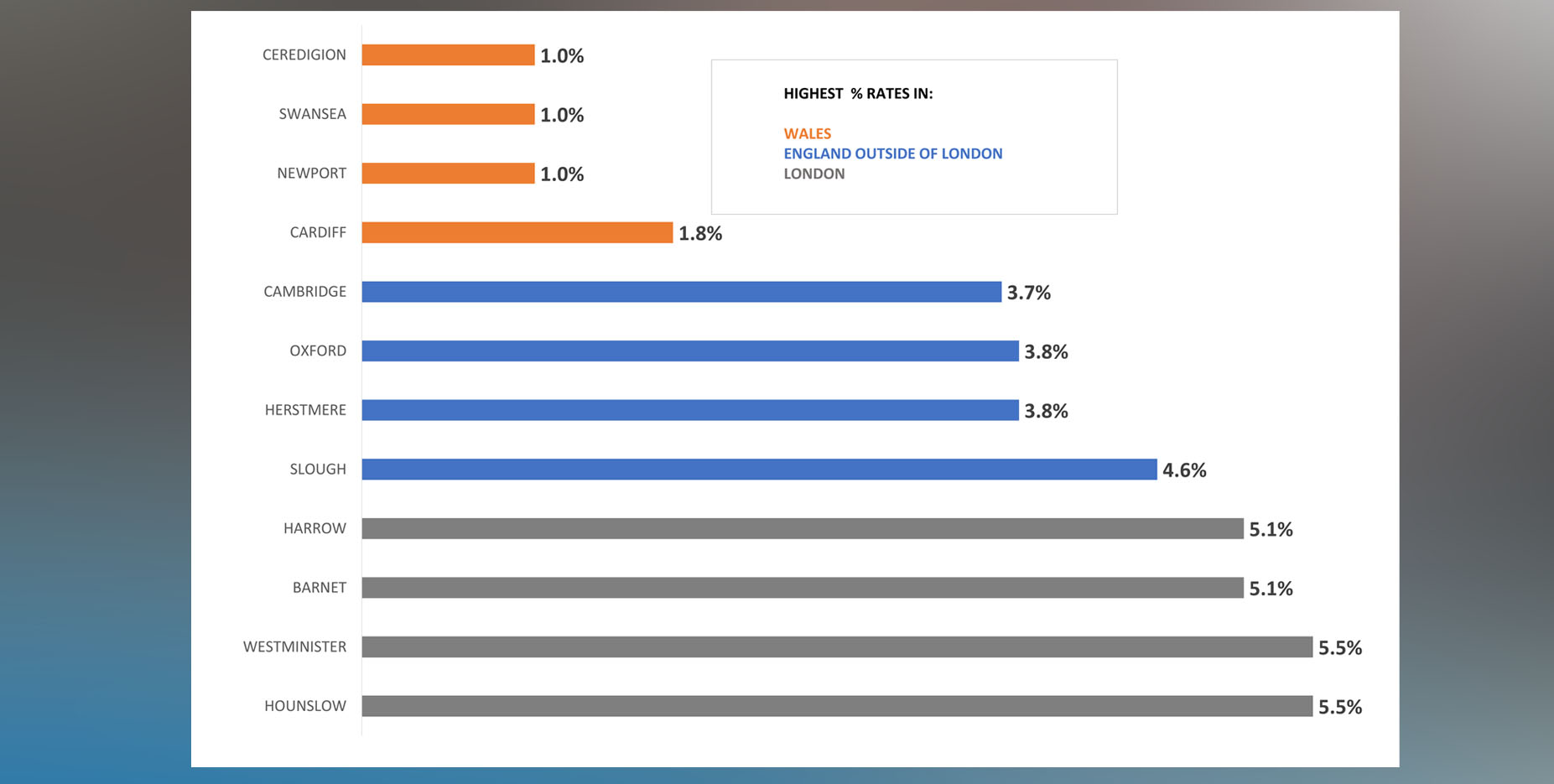
Nadine Osman
Almost 300,000 homes in England and Wales are multi-faith households, according to an analysis of census data released last month.
The latest census, which took place in March 2021, showed the religious make-up of the population to be more diverse than ever, with fewer than half of people describing themselves as Christians.
Within the 17.3 million multi-person households in the two nations, 1.65 per cent (285,000) were recorded as having at least two different faiths.
The areas inside London with the highest proportion of multi-faith households include Hounslow and Westminster, both at 5.5 per cent and Barnet and Harrow with 5.1 per cent.
Areas with the highest figures outside of London included Slough in Berkshire with 4.6 per cent and Oxford at 3.8 per cent, while in Wales, Cardiff was at the top with 1.8 per cent.
The Muslim Council of Britain (MCB) said the figures show that society is capable of “togetherness, mutual care, and understanding”.
A spokesperson for MCB said they have “always striven to bring diverse communities together in pursuit of the common good”, adding that their efforts show “Britain is a multi-cultural and religiously diverse one, a Britain in which people of all faiths and none demonstrate the capacity to come together in support of one another routinely”.
They added: “The existence of multi-religious households further reinforces our firm belief that society holds an admirable capacity for togetherness, mutual care, and understanding across our diverse communities, given the opportunity. The stories these figures represent are worth telling and learning from.”
Data from the census showed that there were 0.3 per cent (81,800) of homes with a combination of three or more of the religions in the categories. This could mean three different faiths, or two faiths plus the “no religion” category.
A more detailed breakdown of the types of religion practised at the time of the census shows that of the total 24.8 million households, including single-person homes, 11.0 million (44.3 per cent) were recorded as Christian-only.
A further 176,800 households (0.7 per cent) had someone who was Christian and somebody of any other religion, though the data does not indicate the faith. For other single-faith households, the census recorded almost one million that were Muslim-only (988,900, or 4.0 per cent of total households), along with 301,600 Hindu (1.2 per cent), 143,000 Sikh (0.6 per cent), 88,600 Jewish (0.4 per cent), and 74,700 Buddhist (0.3 per cent).
Figures released earlier this year also revealed that Christians are the oldest on average among people of faith in England and Wales.
While Christians had an average age of 51, Muslims were the youngest at 27 years old on average, followed by those with “no religion” at 32 years old.


